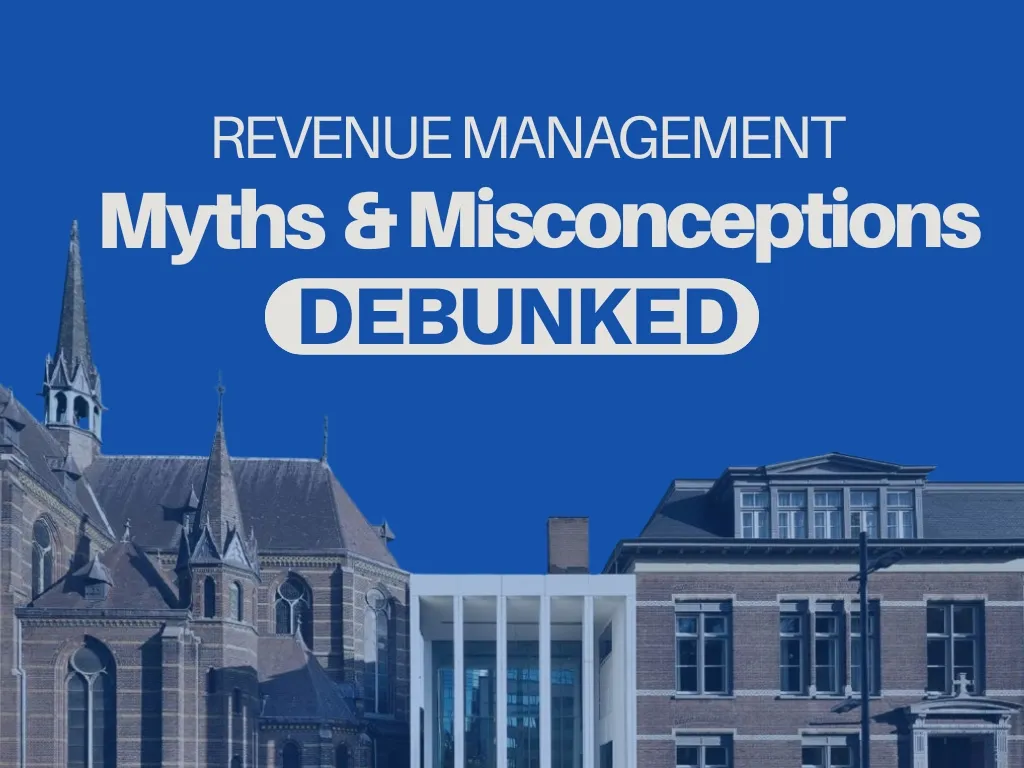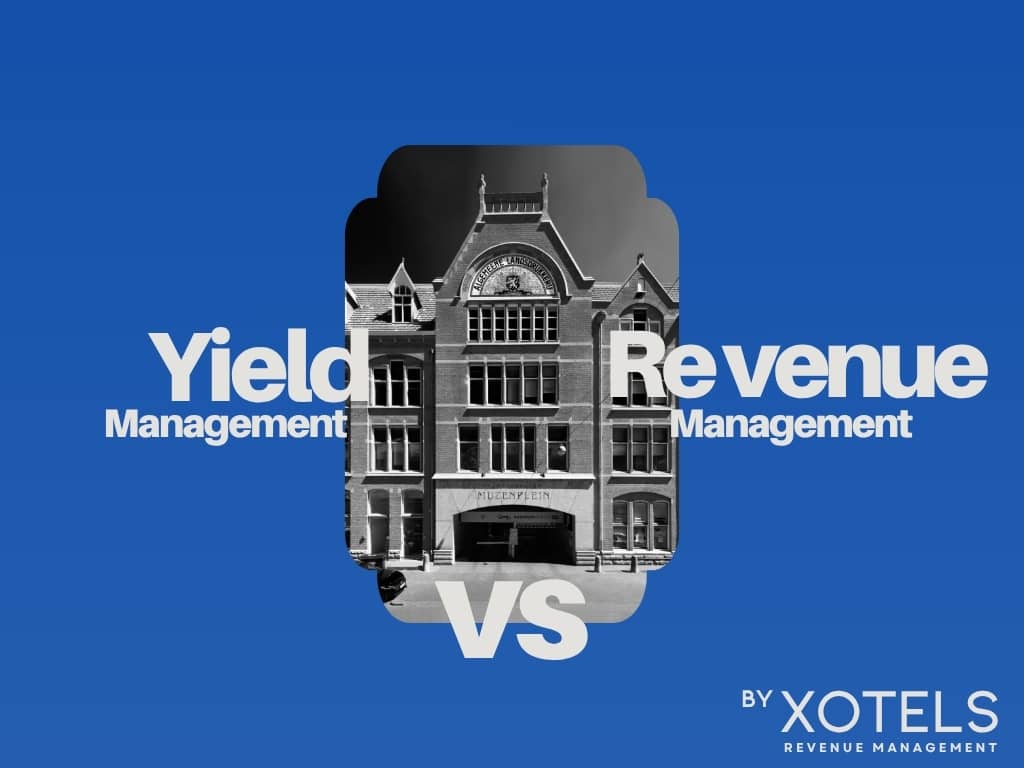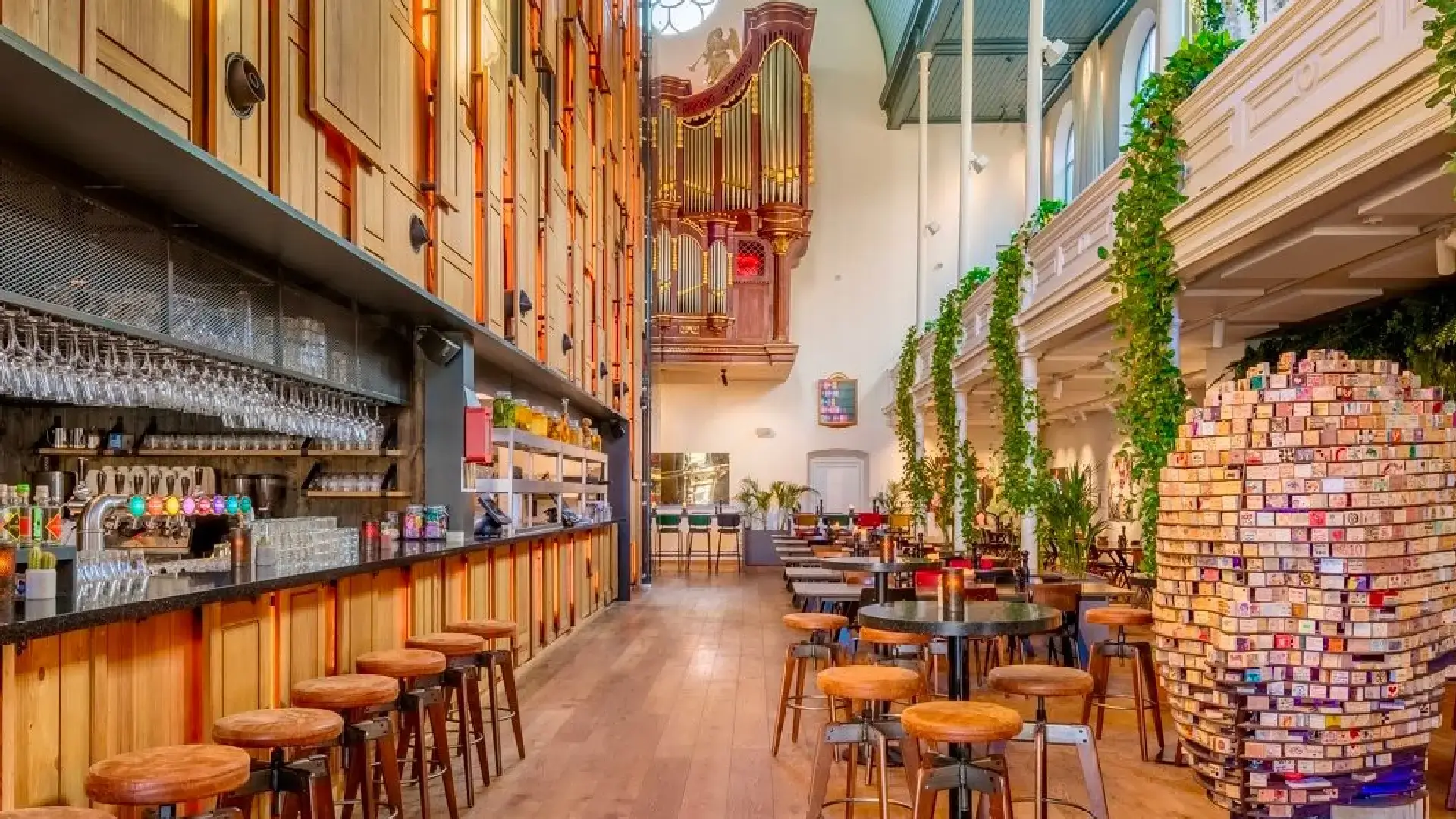When will hoteliers wake up?
I am going to do the same with ‘De Standaard’. I now subscribe electronically to various news platforms and receive my news directly into my Netvibes account. I only receive information about stuff that holds my interest. And it’s free.
I will admit that it was hard to stop ‘Le Soir’, I have been reading it for years. But I never read longer than 5 or 10 minutes, over breakfast. Internet, and thus my new way of getting the news, is always accessible. So in the end the conclusion was logical. When I cancelled they started a program of calling me with increasing discounts to get me back as a paying customer. No way am I ever going to pay for something that I can easily get for free.
A year later, I am now trying to screen their calls so that I can ignore them.
Now Jean is getting involved as well. Every now and then he drops ‘Le Soir’ off with a note, saying that it’s free. He doesn’t get it. His business is changing. A paper loaded with advertising is no longer welcome with me, electronic information is. Electronic delivery saves trees, it saves time, it’s more accessible and it works. I have exactly what I want. Someday Jean and I can meet early in the morning at my doorstep, and I’ll explain that to him, if he wants.
Unfortunately, he will eventually be one of the casualties of the digital age. Possibly ‘Le Soir’ will be too. Their management clearly doesn’t get it. They are trying a digital edition that as far as I am concerned turns out to be nothing. It has too much advertising, little valuable content, way too many annoying pop-ups, and therefore it is disfunctional.
It strikes me that only few people have a clear view of what is really going on. Are there really so few to understand that newspapers will disappear now that information, from trusted sources, is available for free? That customers are changing, that they have moved online? That this impacts businesses?
Brochures, paper advertising. It no longer works, it’s about to disappear.
For hoteliers the world is changing rapidly as well. Advertising in brochures and with offline travel agents is dying fast. Some hoteliers understand that downturn will hit them again if they do not change fast. They do the right thing to recover from 2009 and do not rely on traditional methods, steep price discounts to attract old business.
Instead they invest online in their website, in SEO and optimize new channels in order to find new customers. They rebuild a brand via social media strategies, and they are finding new ways to create and maintain relations with customers. These hoteliers are now in the middle of the upturn, and are turning into market leaders. These guys clearly get it.
The other managers? They’re a bit like Jean and the publishers of ‘Le Soir’. They’re trying to use price discounts and brochures in an attempt to bring back customers who are permanently gone. Using price discounts to stimulate customers who temporarily don’t need or want a product just reduces their perceptions of value and loyalty. When they come back, they’ll expect the same lower prices, and the sellers will wonder what hit them–where have all the profits gone? They just don’t get it.
Share This Story, Choose Your Platform!

About the Author:
As CEO and Founder of XOTELS, Patrick Landman has made it his mission to turn hotels and resorts into local market leaders. XOTELS´ diverse expertise and deep-knowledge across revenue management consulting, hotel management, and hotel consulting, enables us to drive results for independent boutique hotels, luxury resorts, and innovative lodging concepts. Below you will find opinion articles written by Patrick Landman.














